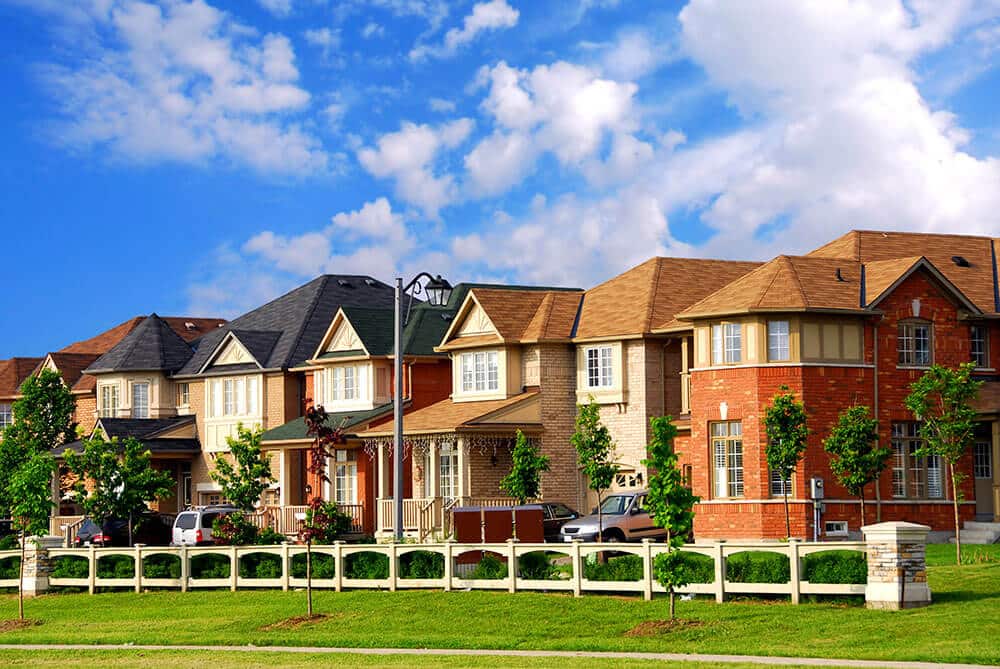REAL ESTATE LAWYER MANCHESTER, NJ
Ocean County Real Estate Attorney Helps You to Confidently Buy and Sell Properties
 Any time you are buying or selling a property, you will want to protect your legal and financial interests by hiring an Ocean County Real Estate Attorney. At The Bronzino Law Firm, we provide personal attention and quick responses in real estate transactions. We are intimately familiar with the complexities and pitfalls any real estate transaction can present, and we can help you to efficiently and safely finalize your real estate purchase or sale.
Any time you are buying or selling a property, you will want to protect your legal and financial interests by hiring an Ocean County Real Estate Attorney. At The Bronzino Law Firm, we provide personal attention and quick responses in real estate transactions. We are intimately familiar with the complexities and pitfalls any real estate transaction can present, and we can help you to efficiently and safely finalize your real estate purchase or sale.
When you hire Bronzino Law Firm to represent you in a real estate case, we become members of your team. We will work closely with your realtor and mortgage broker to review important contracts, protect your interests during the property inspection, carefully review the title, and be at your side when you finally sign at the closing table. Don’t risk your future signing documents with unclear fine print, have our experienced real estate team review them and ensure your rights and interests are protected.
New Jersey Real Estate Process
The following are the rough steps you will follow any time you are completing the purchase or sale of a home or commercial property. Remember that the sooner you can get your real estate attorney involved in the process, the better!
- The Buyer and Seller sign an initial contract, usually prepared by a real estate agent, and the buyer pays the initial deposit
- Once the initial contract has been signed, a three day attorney review period begins. Both parties are given three days to have their respective attorneys review the contract
- If you haven’t contacted our law offices yet, now is the time to do so. The contract you have already signed is legally binding, but you are within your rights to have your attorney propose revisions or even cancel the contract during the three day attorney review period. If the contract is amended by either party’s attorney, the parties must agree on any changes made, and if they cannot the deposit is returned.
- Once the initial contract has been agreed upon, reviewed by both parties’ attorneys, and signed, a 14 day property inspection begins. The buyer will likely hire a professional home or property inspector, who will look for things such as:
- The presence of wood-destroying insects such as termites or carpenter ants
- Structural defects of the home or property including the foundation, the roof, and structural support integrity.
- Problems with important systems such as heating, cooling, electrical, and plumbing
- Proper functioning of major appliances
- The presence of dangerous molds, contaminations, or radon gas
- Potability of the water, and septic system integrity (if applicable)
- If the inspection revealed major issues, the buyer and seller will try to resolve them through their attorneys, either buy negotiating a new price, or requiring the necessary upkeep and repair work to be performed prior to the sale of the property. If they cannot come to an agreement regarding the defects found, the contract can be canceled and the deposit returned.
- Once the inspection has been completed, and both parties are ready to move forward with the deal, the buyer will usually apply for a loan with the bank. If the buyer cannot get approval for the loan, then the contract may be canceled if the contract included a “mortgage contingency clause”, which if you had an attorney review the contract initially, it should.
- The next step in the process is a title inspection. The buyer’s attorney will make sure that there are municipal restrictions which might limit the normal use of the property. They will also ensure that the property doesn’t have a lien attached to it. Finally, a general survey of the property will be conducted to ensure the lot’s size and dimensions are what the parties agreed upon, and that there are no issues with property lines or violations of city ordinances.
- In New Jersey, the seller of a property must now obtain a smoke detector certificate from the municipality in order to sell the property.
- If everything is still on track, the buyer and seller will attend the real estate closing, also known as the real estate settlement. Here, the buyer’s attorney will review all loan documents, while the seller’s attorney prepares the Deed and Affidavit of Title. The seller delivers the deed to the buyer, giving them ownership of the property, and the buy tenders the agreed upon purchase price. The real estate transactions is now concluded!
Contact a Toms River Real Estate Attorney Today
As you can see, a great deal goes into the purchase or sale of a property. There are a great many points where something can go wrong, and having an experienced real estate attorney to protect your interests during the entire process can be of enormous value.
At Bronzino Law Firm, we understand that real estate transactions can be expensive, and we are sensitive to the financial needs of our clients. We are a small, efficient law firm, which allows us to offer an exceptional level of personal service at a reasonable rate.
If you are considering buying or selling a home or commercial property in Ocean or Monmouth County, our conveniently located Toms River office is ready to begin protecting your interests today. To learn more about our firm and how we can help you to engage in successful real estate transactions, we encourage you to contact us online, or call our office at (732) 812-3102.







